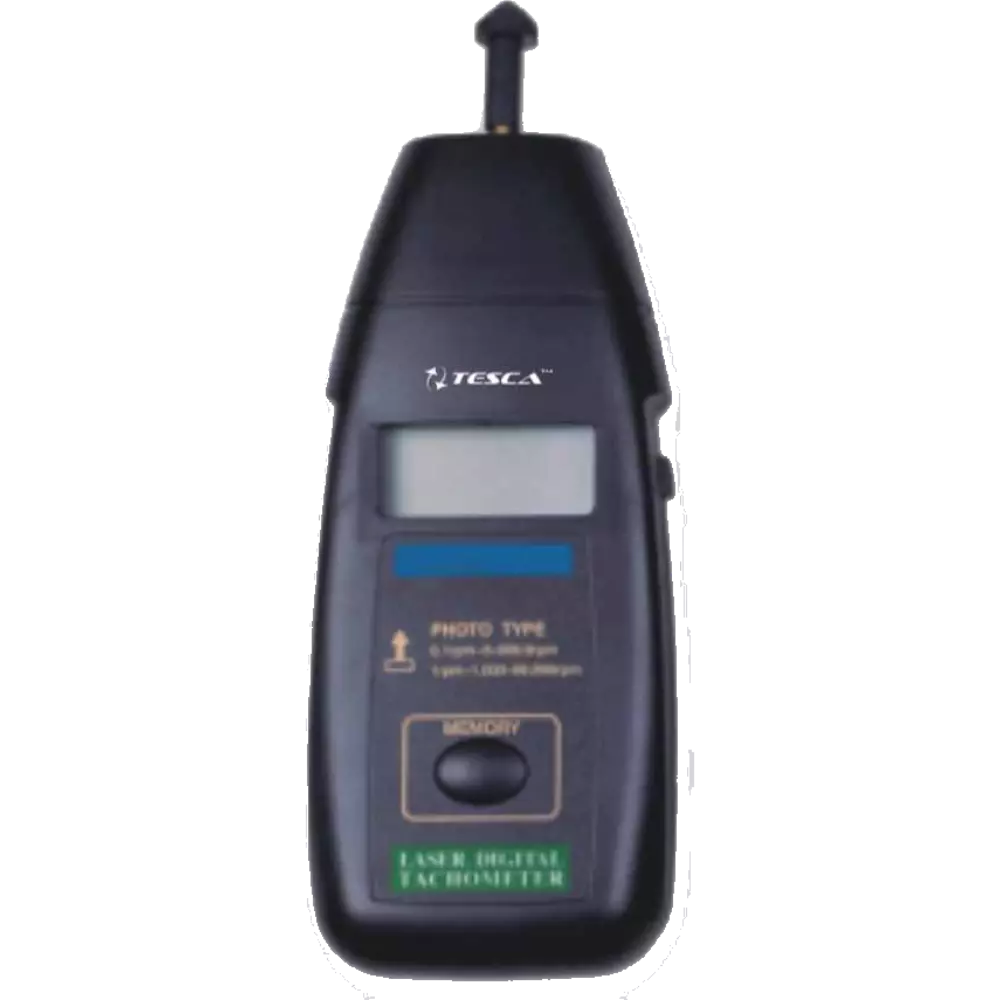Comprehensive Overview to Recognizing and Using a Tachometer Effectively
Key Factors Why Having a Tachometer Is Important for Keeping Engine Health and Effectiveness
In the world of automobile upkeep, the value of a tachometer can not be overemphasized - tachometer. This modest yet essential tool plays a crucial role in the upkeep of an engine's health and wellness and performance. By offering real-time data on engine speed and RPM levels, a tachometer uses invaluable understandings that directly influence the efficiency and long life of the engine. From avoiding over-revving to enhancing gas intake, the applications of a tachometer are diverse and crucial for any vehicle owner or lover. So, why is this relatively simple tool so indispensable? Allow's check out the key reasons behind its pivotal role in maintaining engine health and efficiency.
Preventing Engine Over-Revving

To guard the engine from possible damage, it is crucial to execute measures that prevent over-revving, a technique that can result in costly fixings and minimized engine lifespan. Over-revving takes place when the engine's rotational rate surpasses the optimum limitation established by the maker, causing excessive anxiety on internal parts such as pistons, valves, and attaching rods. This too much stress can result in mechanical failings, including curved valves, harmed pistons, and even tragic engine failure.
A rev limiter is a device that manages the optimum RPM (revolutions per min) of the engine by either cutting off gas circulation or trigger to the engine when the pre-set limit is reached. Routine upkeep checks to guarantee the engine is in ideal problem can likewise assist in preventing over-revving events and extending the engine's life-span.
Optimizing Fuel Consumption
Efficient fuel usage plays a vital duty in taking full advantage of the efficiency and sustainability of an engine. tachometer. Enhancing fuel usage not only assists in decreasing operational expenses however also reduces the environmental impact of vehicle emissions. By utilizing a tachometer to monitor engine rate and readjust driving behaviors as necessary, motorists can attain far better gas effectiveness
Preserving a stable pace and preventing sudden velocities and slowdowns can substantially enhance fuel economy. In addition, correct gear option based upon the tachometer readings ensures that the engine runs within its ideal variety, resulting in a lot more effective gas burning.
On a regular basis keeping an eye on the tachometer can also help determine any inadequacies or mechanical problems that may be impacting fuel intake. An abrupt increase in gas usage without a corresponding modification in driving habits can indicate an issue that requires interest.
Surveillance Engine Health And Wellness
Checking engine health is vital for making certain optimal performance and durability of the vehicle. By making use of a tachometer to check engine speed, drivers can spot irregularities that might show prospective problems with the engine. A tachometer supplies real-time information on engine changes per min (RPM), permitting vehicle drivers to determine any uncommon spikes or decrease in RPM that could look these up signify troubles such as misfires, damaged parts, or engine overheating.

Regularly monitoring engine wellness via using a tachometer allows vehicle drivers to deal with issues without delay prior to they intensify and cause substantial damage. As an example, identifying a decrease in RPM might indicate gas distribution issues or a blocked air filter, while an unexpected rise in RPM might aim to problems with the transmission or exhaust system. By remaining alert and responsive to modifications in engine performance, vehicle drivers can stop costly fixings and guarantee the total health and wellness and performance of their automobile.
Extending Engine Life-span
Guaranteeing the long life of an engine needs diligent maintenance techniques and mindful surveillance of essential efficiency indicators. Prolonging an engine's lifespan is vital for reducing total lorry upkeep prices and avoiding unforeseen breakdowns. A tachometer plays a considerable duty in this aspect by offering real-time information on engine speed, enabling vehicle drivers and mechanics to make educated choices to stop excessive deterioration.

Additionally, normal upkeep based on tachometer readings, such as timely oil changes and ignition system replacements, can significantly add to expanding the engine's durability. Generally, integrating a tachometer into routine engine surveillance techniques is necessary for maintaining the engine's health and wellness and efficiency over the long term.
Conserving Cash on Repair Works
To efficiently manage vehicle upkeep expenses and reduce unexpected failures, leveraging the understandings supplied by a tachometer can be critical in saving cash on repair services. A tachometer assists in monitoring the engine's RPM (changes per minute), enabling drivers to run within the advised array. By staying within these optimal RPM degrees, excessive pressure on the engine can be prevented, reducing the chance of costly fixings because of overworking the engine (tachometer). Furthermore, a tachometer can alert motorists to potential concerns such as engine misfires or failing parts, allowing for very early intervention prior to these problems intensify and lead to a lot more extensive-- and pricey-- repairs.
Additionally, by making use of the data from a tachometer to practice smooth velocity and slowdown, drivers can extend the life expectancy of their lorry's components, eventually tachometer saving cash on upkeep and substitutes. Overall, the insights offered by a tachometer equip vehicle drivers to make enlightened decisions that can avoid unnecessary deterioration on the engine, bring about substantial expense savings over time.
Final Thought
To conclude, a tachometer plays a critical duty in maintaining engine health and efficiency by preventing over-revving, maximizing gas intake, checking engine health and wellness, extending engine lifespan, and conserving cash on fixings. It is an essential device for ensuring that the engine runs within secure restrictions and performs at its best, inevitably adding to the long life and general performance of the car.